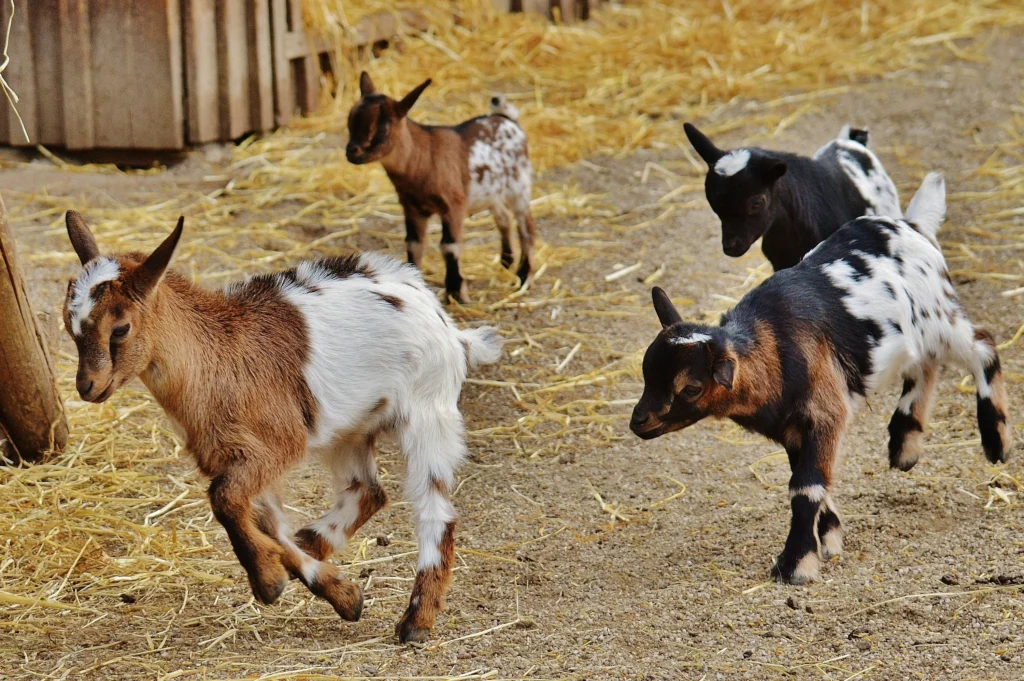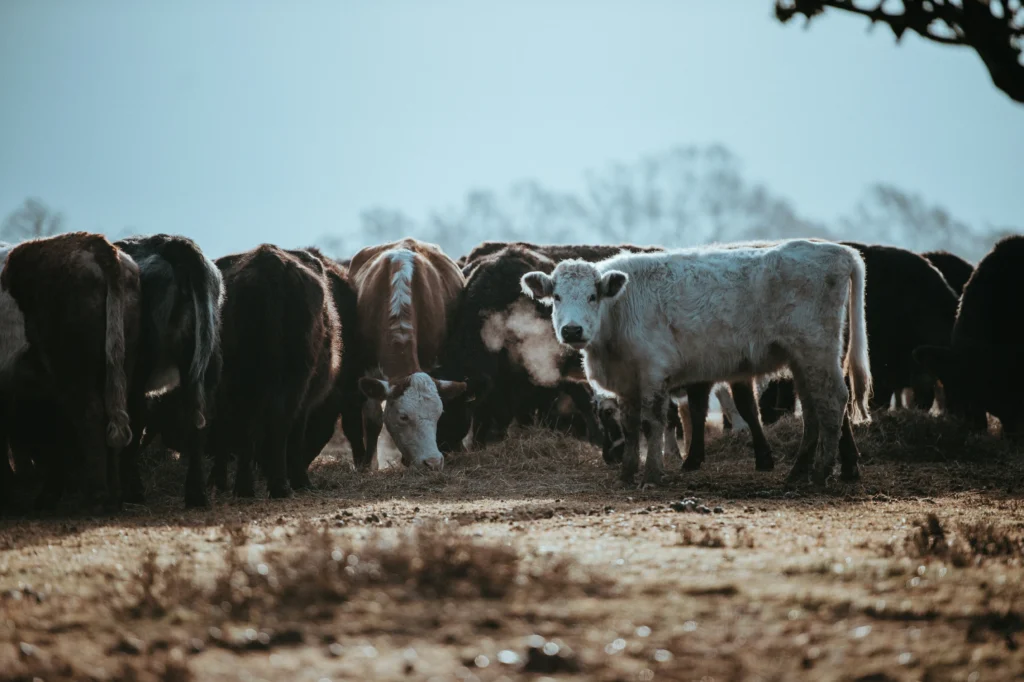Facing Extremism Cloaked in Environmental and Health Concerns: A Defence of Religious Slaughter

In recent debates across Britain, calls to ban halal and kosher slaughter have been gaining troubling momentum. These demands, often justified on grounds of “animal welfare,” “public health,” and “environmental sustainability,” have found alarming echoes not only in public discourse but also within Parliament. Some MPs, aligned with far-right sentiments, have used seemingly civil language while advocating restrictions that, at their core, target the country’s rich religious and cultural diversity.
This issue is not simply about methods of meat production or animal welfare standards. It is part of a coercive agenda to impose a singular way of life that disregards the multicultural fabric of British society.

The contradiction in this narrative is stark. Accusations that halal or kosher slaughter are “cruel” overlook well-documented scientific evidence demonstrating that, when performed correctly by trained professionals, religious slaughter leads to rapid loss of consciousness due to swift blood loss, without prolonged pain. Indeed, studies published in respected scientific journals indicate that thorough blood drainage may reduce bacterial growth, offering a notable health advantage.
If animal welfare is genuinely the concern, why do these campaigns ignore the industrial farming systems where millions of animals endure harsh conditions, treated as mere production units? Why is there not the same outcry over factory farming practices that cause undeniable suffering?
From a public health perspective, there is no credible evidence that meat from religious slaughter poses a greater risk than conventionally slaughtered meat. Strict regulatory frameworks in Britain ensure that all meat on the market meets rigorous safety standards, regardless of how it is processed.

Moreover, the narrative that veganism or vegetarianism should be the mandatory global solution to environmental crises oversimplifies a complex reality. While livestock farming contributes significantly to greenhouse gas emissions, intensive cultivation of plant-based foods like soy and almonds also demands vast water resources and causes deforestation, harming biodiversity. The path forward lies in balanced, sustainable agricultural practices—not in privileging one dietary choice over others.
Personal freedom to choose one’s diet, including religiously mandated food practices, is a cornerstone of liberal democracies. Should entire communities be denied the right to follow their religious traditions in the name of a majority lifestyle?
Muslims and Jews in Britain have practised their religious rites for decades under clear legal frameworks and rigorous health oversight, with no evidence of harm to public health or the environment. What these campaigns seek is nothing less than delegitimising these traditions—labelling them as backward and sidelining their public presence through a veiled but dangerous form of cultural exclusion.

There is no dispute about anyone’s right to adopt a plant-based diet or abstain from meat—that is a personal choice. But imposing this as the only acceptable standard and marginalising other ways of life marks a troubling shift towards cultural monoculture, justified in the name of environmentalism or compassion.
Britain’s strength lies in embracing diversity, respecting differences, and fostering coexistence—not in imposing uniformity that erases cultural identities. What is needed today is honest dialogue that differentiates between genuine threats to the planet and legitimate cultural practices. True coexistence means respecting everyone’s right to choose their food and religious customs, so long as they cause no harm or legal breach.
Read More:
ShortURL ⬇



